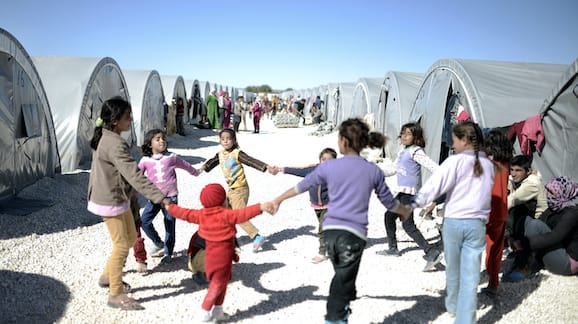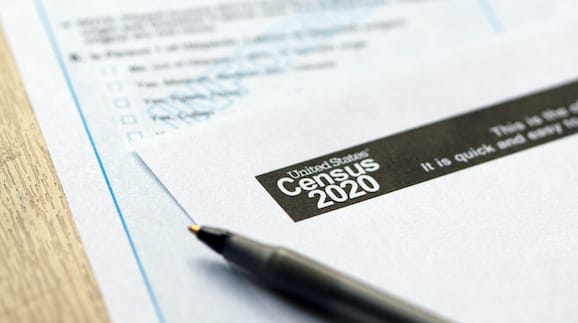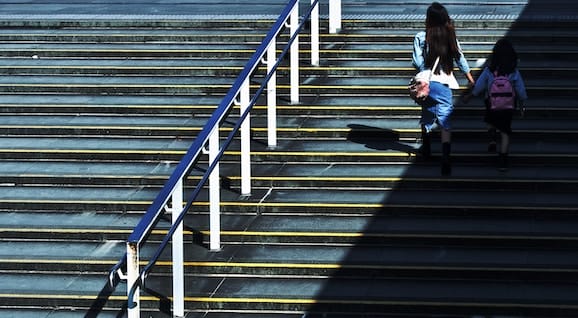
When Panic Buying Hurts: Strategies to Lessen the Impact on WIC Participants
by Rebecca Oran
This is part of a series of posts on behavioral science and COVID-19. Click here to read about some of the most important behaviors during this pandemic—like healthy distancing and seeking medical help, and responding to humanitarian crises in a global outbreak. Social distancing guidelines in the U.S. have been extended through the end of April as a […]











